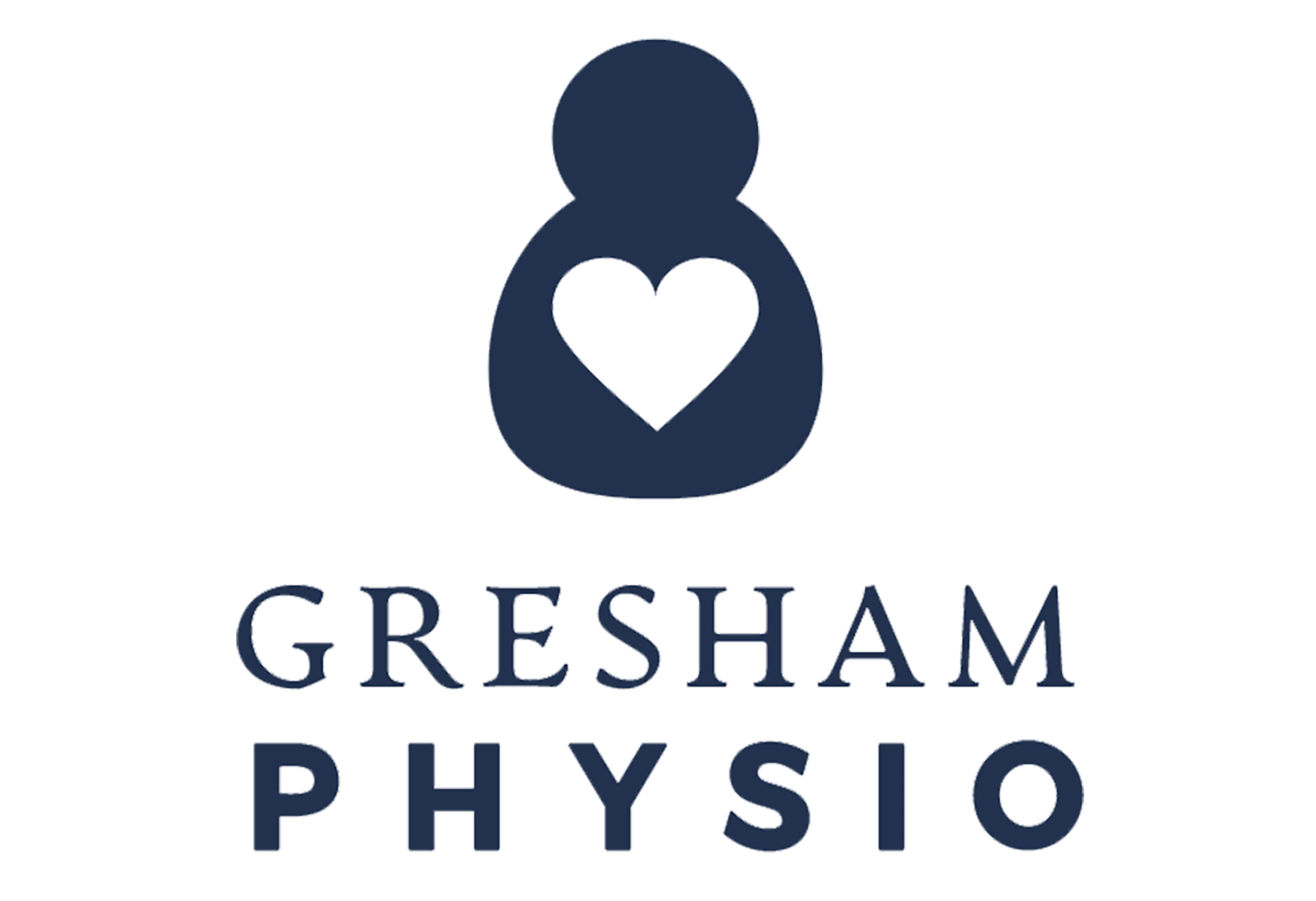Pelvic health treatment is appropriate for certain individuals who may be experiencing issues related to their pelvic floor muscles or other pelvic structures. Here are some reasons why pelvic health treatment might be necessary or beneficial for specific individuals:
1. Pelvic Floor Dysfunction: Pelvic floor dysfunction refers to a range of conditions that involve the muscles, ligaments, and connective tissues in the pelvic region. This can include problems like pelvic pain, urinary or fecal incontinence, pelvic organ prolapse, or sexual dysfunction. Pelvic health treatment can help address these issues and improve quality of life.
2. Pregnancy and Postpartum: During pregnancy and childbirth, the pelvic floor muscles undergo significant stress and strain. Some women may experience pelvic floor issues, such as urinary incontinence or pelvic pain, during or after pregnancy. Pelvic health treatment, including pelvic floor exercises and manual therapies, can aid in recovery and restore strength and function to the pelvic floor muscles.
3. Chronic Pelvic Pain: Chronic pelvic pain is persistent pain in the pelvic area that lasts for more than six months. It can have various causes, including musculoskeletal dysfunction, nerve irritation, or conditions like endometriosis or interstitial cystitis. Pelvic health treatment may involve a multidisciplinary approach to address the underlying causes of the pain and provide pain management strategies.
4. Pre- and Post-Surgical Care: Pelvic health treatment can be essential before and after pelvic surgeries, such as a hysterectomy or prostate surgery. Pre-operative pelvic floor exercises can help strengthen the muscles and optimize recovery. Post-operative treatment focuses on reducing pain, restoring mobility, and promoting healing.
5. Athletes and Active Individuals: Pelvic health treatment is not limited to specific demographics and can be beneficial for athletes and active individuals who engage in activities that place stress on the pelvic region. Treatment can address issues like pelvic instability, pelvic girdle pain, or urinary leakage during exercise.
It’s worth noting that pelvic health treatment is highly individualized, and the specific approach will depend on the underlying condition and the person’s unique circumstances. It is recommended to consult with a qualified healthcare provider, such as a pelvic health physical therapist or a urologist, who can assess the situation and provide appropriate guidance and treatment.




